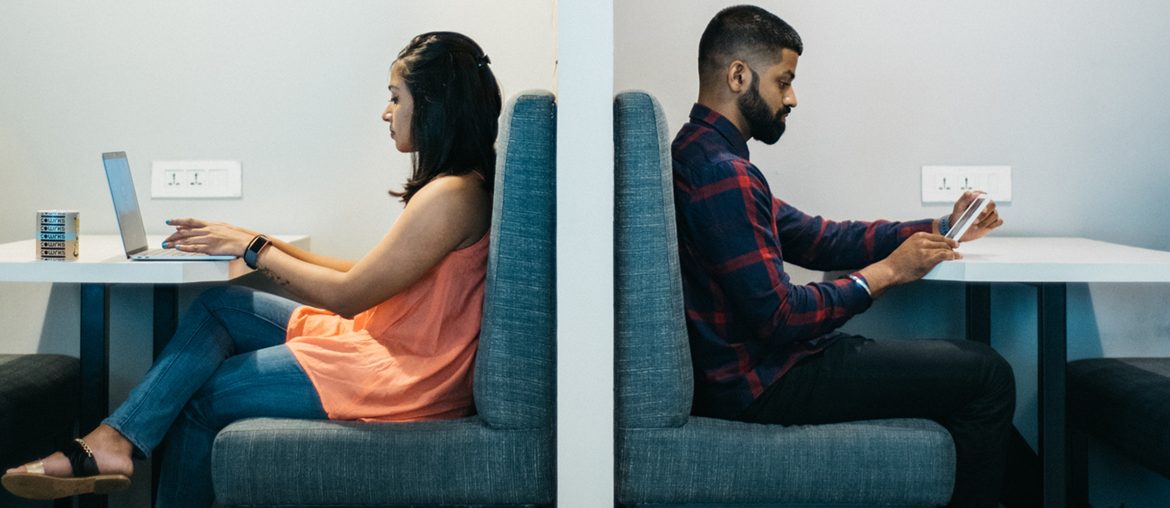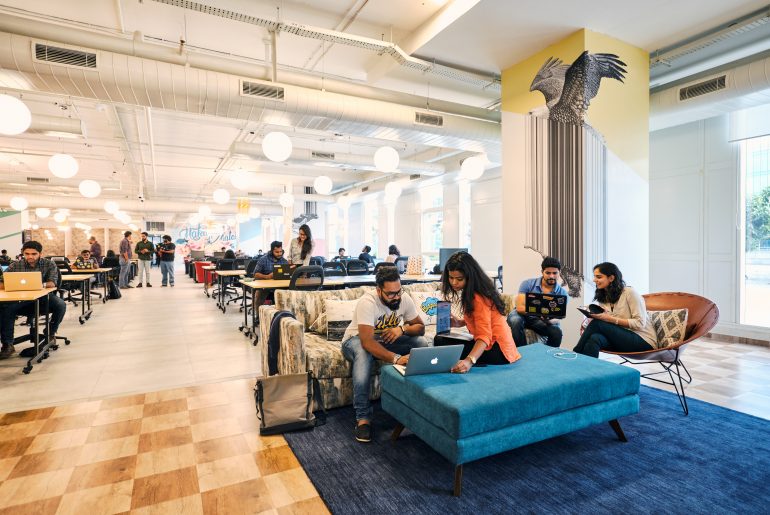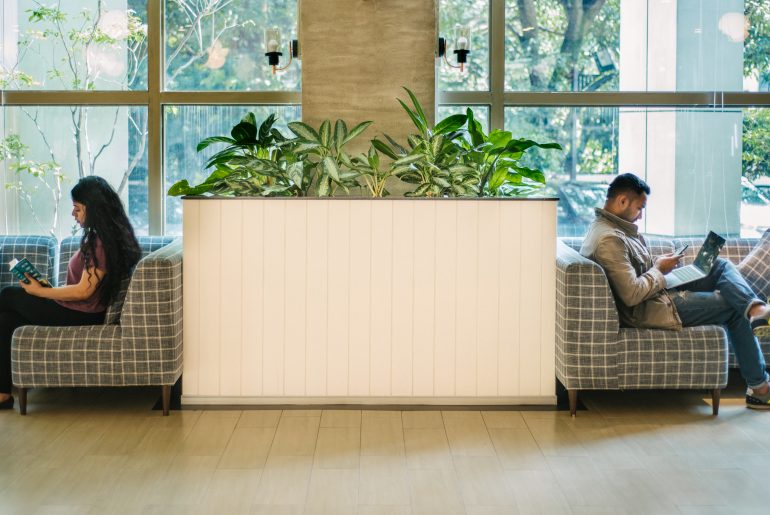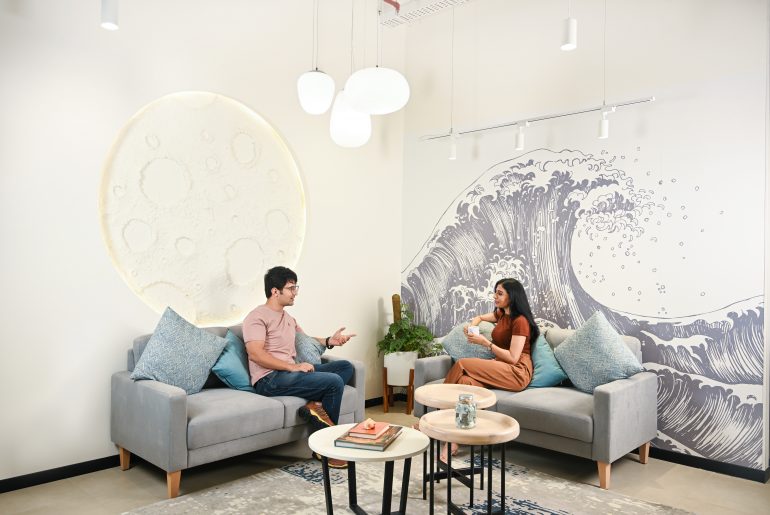If our grandparents walked into any of our offices right now, they’d probably wonder how we get any work done at all. A lot of successful organisations today function in a drastically different way from the firms of yesterday. Dress codes are non-existent, ‘Goodmorning Sir!’ and ‘Goodnight Ma’am’ have been replaced by ‘Hey Jack!’ and ‘See ya June!,’ and long, super-formal emails and meetings have given way to concise text messages sent across chat groups.
The new generation of tech-savvy, internet-empowered employees is forcing companies to modify or even discard policies that haven’t been touched for decades. Millennial Branding and American Express surveyed Gen Y workers and asked them about blocked websites at work. A whopping 69% of respondents felt that they should be able to access all social media websites at work without any restrictions. And the change is already visible; today, only 15% of organisations have restricted internet access in their offices.
But coming to the bigger picture, has any of this really managed to change the corporate workspace? And are these changes justified?
Richard Branson recently masterminded an experiment he called ‘Corporate Day.’ On this day, all employees had to don formal business wear, address each other as Mr., Ms., or Mrs., use the internet just for work, and refrain from taking any personal calls while at the workplace.
Sounds harsh?
Branson said this this was done to give their employees “a taste of what a lot of the world is still run like.” He also added that “It was a horrible experience for everybody.”
But, what exactly did they learn about the Millennial workforce through this simple exercise?

They Adapt Readily
Hand a Millennial an abacus and they’ll watch every instructional video, read every blog, and go through every quora answer that exists just so they can make use of it. Millennials don’t waste time wondering what can be done or how they should go about doing it. The same holds true for a new piece of technology. Millennials will embrace the change without worrying about stepping out of their comfort zone. They just create a new comfort zone at will. They aren’t worried about whether they’ll be able to buy a boat when they’re 40. They’re more concerned about their work-life balance and doing things that result in something more tangible than just making money.

They Are Diverse
Millennials are the most racially diverse group of people in the world today. Not only do they not care about where you’re from and what you look like, they don’t care about your age, gender, or disabilities either. For them, what matters in the workplace is what you bring to the table.
With more and more millennials stepping into office everyday (almost 75% of active workers in 2025 will be millennials), companies are shifting their working practices to suit this new breed of employees.
Let’s rephrase that.
Millennials are the primary reason why organisations are shifting their working practices. And they’re shifting them for good because it’s a much smarter way of working.
This new band of workers operate on a need-to-know basis and when you’re talking to them, they also prefer to cut out the fluff and only tell you what you need to know.
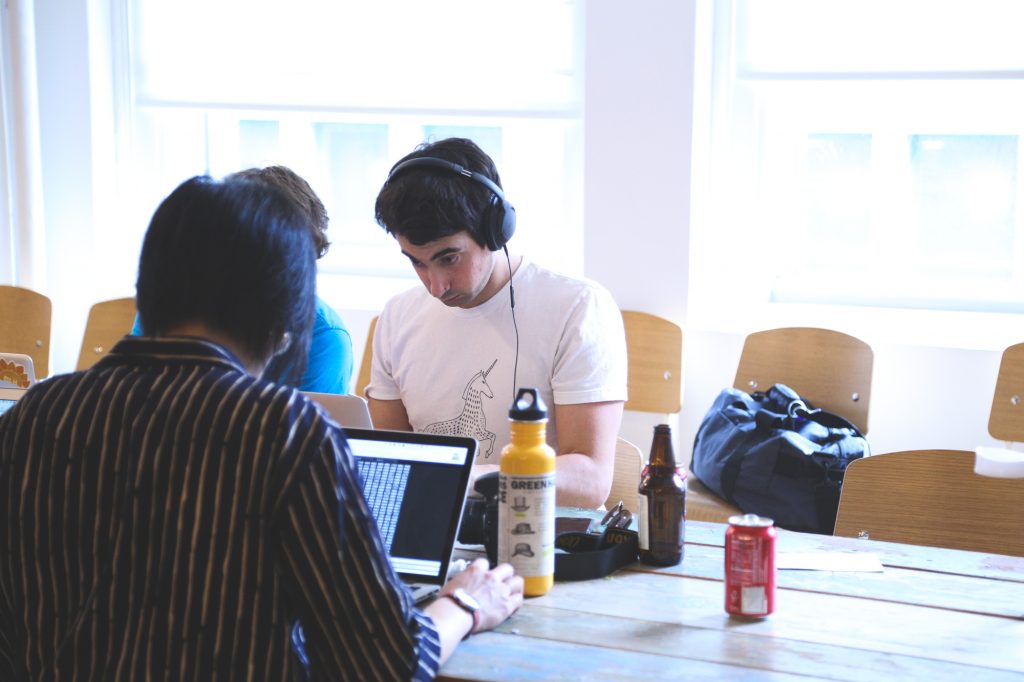
They Hunt For Purpose
Millennials aren’t sitting in your office just to collect a paycheck at regular 30 day intervals. They are there to enrich their skills and drive their own personal growth. That always comes first. This is followed by the need to work for organisations which stay true to their values. If a company doesn’t effectively communicate its values both externally and internally, it’s going to be hard to retain millennials within their ranks. Millennials are teaching organisations that there’s more to a job than just becoming a manager or a supervisor. They’d rather be known as a good and reliable engineer, or designer, or whatever it is they do, rather than constantly being stuck on trying to climb the hierarchical ladder.
Nathan Blecharczyk, co-founder of Airbnb says, “We’re constantly trying to remind our employees of what business we are in, in creating an environment where they can be totally comfortable and where they actually want to hang out after work.”
Millennials in the workplace aren’t just another bunch of people who will mindlessly do what they’re told to do just so that they can get paid to do it. They’re changing the workspace dynamic immensely and it’s something that’s there for all to see.


